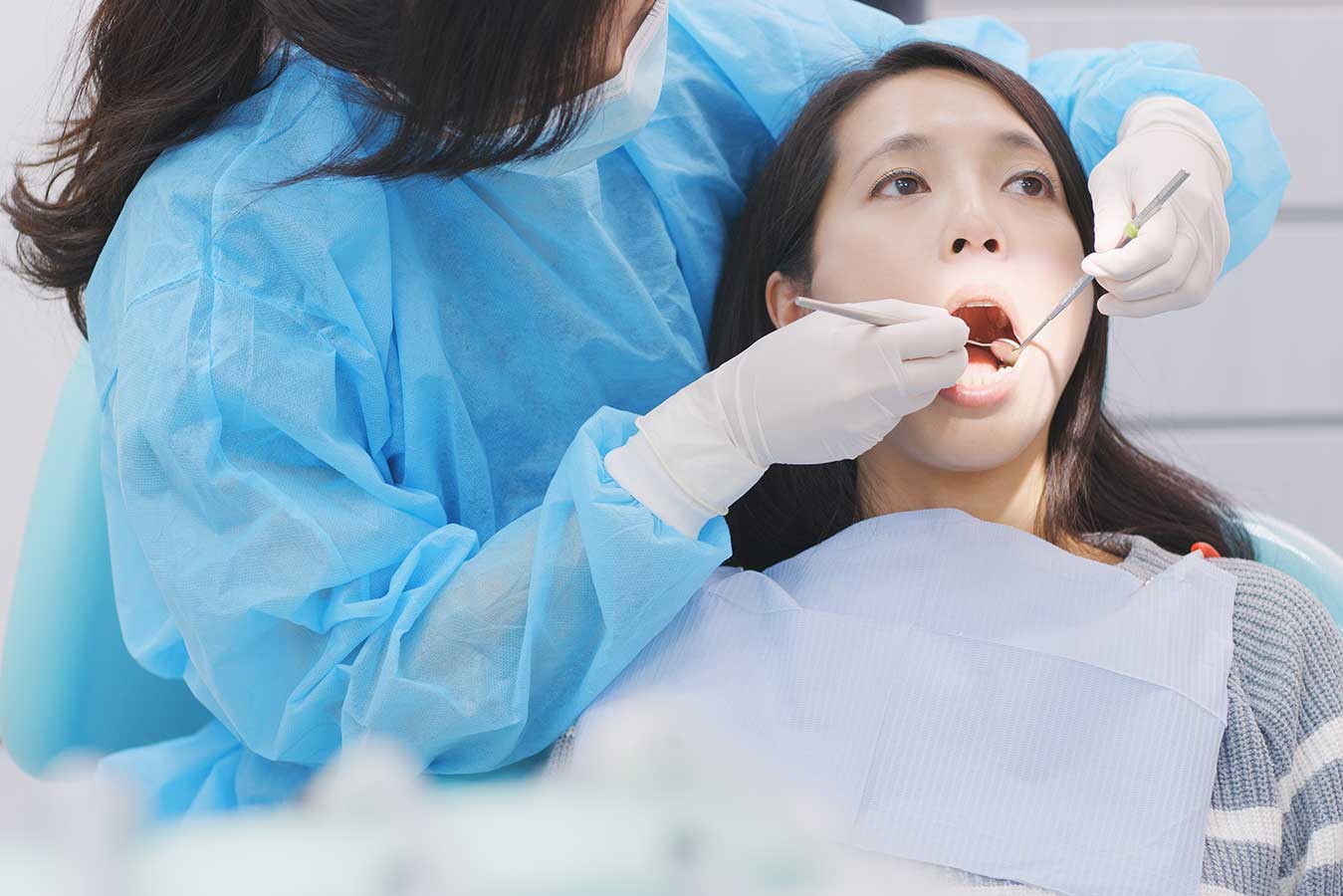Emergency Dentist
Wahroonga’s Caring Emergency Dentist

You may need an emergency dentist or even visit an actual hospital. We’re here to help you figure this out. Stick around to ensure your oral health and safety.
When To Call About Your Dental Emergency
Let’s suppose that you’ve chipped one of your teeth, or your dental appliance (denture, night guard, or orthodontic appliance) has broken.. Even so, you should consider contacting a dental professional in order to have your situation assessed. To sum everything up, you should be calling a dentist if you have the slightest issue. You may not need any immediate attention, but it is best to get professional advice as soon as possible.
Visiting The Dentist vs. Visiting The Hospital
Dental Emergency
Hospital Emergency
Tips For Specific Dental Emergencies
Extreme Toothache
First and foremost, gently clean the tooth – use luke warm water to rinse – removing plaque and food residue in the area will reduce the level of irritation in the area. Afterwards, if necessary take an over-the-counter pain relief medication like Panadol or Nurofen. Be sure to read the warning label and instructions for any over-the-counter medications. Do not exceed the recommended dosages as overdosing can cause danger to your health.
